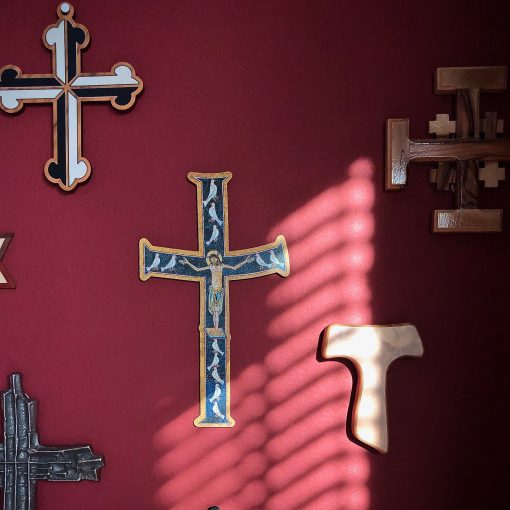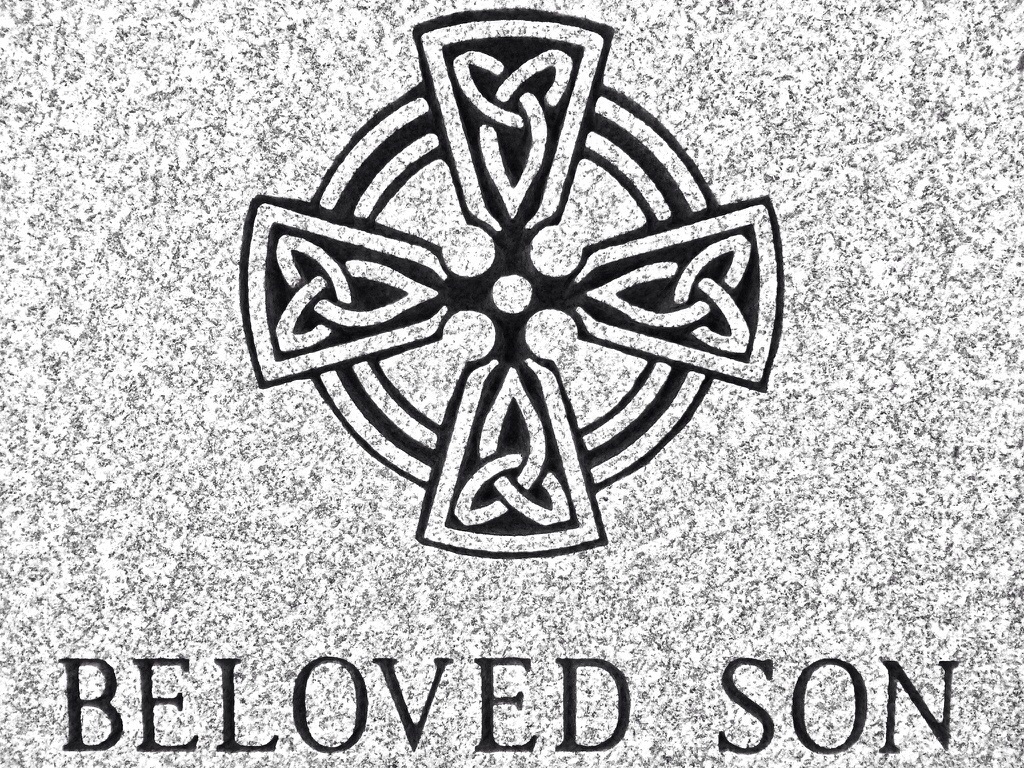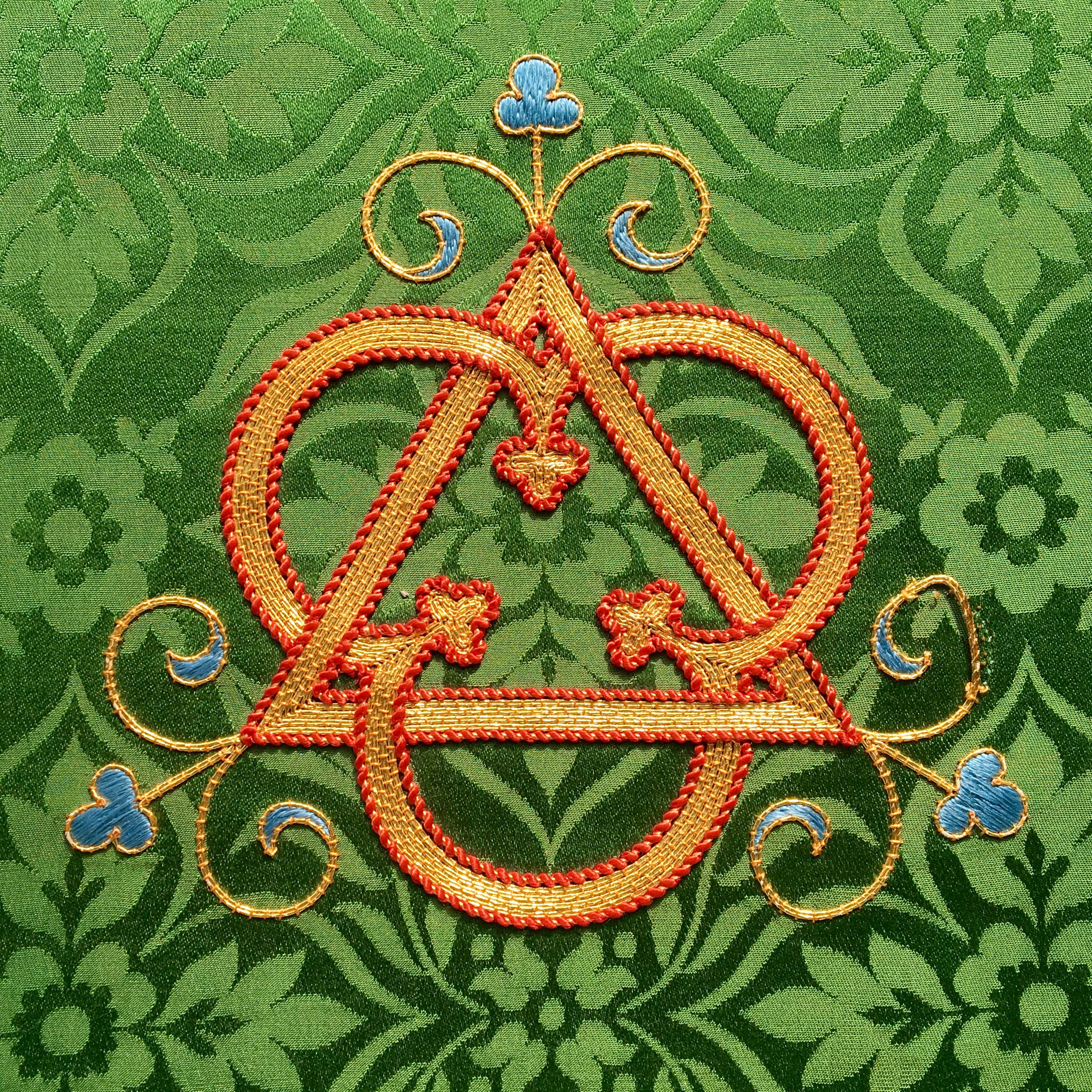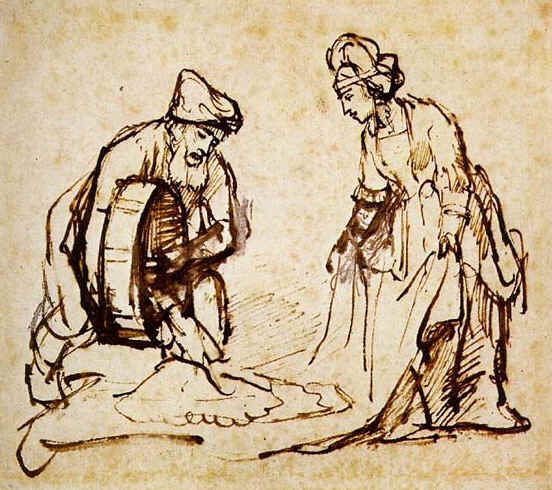This essay was written as part of the outreach program of The Episcopal Church of the Good Shepherd in Lexington to continue to minister to our community in this time of uncertainty and “social distancing” that requires not meeting in person. For essays by my friends and colleagues go to “Calming the Storm.”
Rom. 6:2b How can we who died to sin go on living in it? 3 Do you not know that all of us who have been baptized into Christ Jesus were baptized into his death? 4 Therefore we have been buried with him by baptism into death, so that, just as Christ was raised from the dead by the glory of the Father, so we too might walk in newness of life.
The past few weeks the Epistle for Morning Prayer has been in Romans. It is a rich and complicated treatise that has shaped and reshaped (reformed) Christianity. Luther, in his preface to his German vernacular translation said, “It is impossible to read or to meditate on this letter too much or too well.” He is not wrong. But it is not an easy letter to read. Paul’s arguments are often arduous and, to the point of today’s essay, sometimes seem out of step with today’s society. The mistake, however, is thinking that the Gospel was ever in step with “today’s society.” The Gospel of Jesus Christ is about nothing less than the transformation of this world, our society, relationships, and systems. The first step, however, is to acknowledge and affirm a reality that many Christians have become increasingly uncomfortable with: sin.
It may be because of the televangelists and street preachers, or perhaps it is the way in which those who seem to talk the most about sin turn out to be the most sinful of all, but many of us today are very uncomfortable with the word and concept of “sin.” It is also likely that this discomfort comes from our cultural unwillingness to acknowledge that there are moral absolutes. Over the last 70 years modern western societies have moved towards notions of moral relativism; “what is right for you, may not be right for me, and that is ok.” But… #BlackLivesMatter #MeToo #MeTooChurch.
The last few years of social outrage and activism against racism, injustice, sexism, and abuse have all begun to remind us collectively that there are some actions, thoughts, and behaviors that are simply wrong. In a word: sin. We would do well, our society would be healthier, safer, and better, with a renewed understanding of sin. The Church should be leading the conversation, acknowledging and naming the sin in our world, not in a finger-wagging-pulpit-thumping way, but as a physician diagnosing an illness so that the patient can receive the proper treatment that leads to healing and recovery.
Almost every single service and ceremony in the Book of Common Prayer includes the confession of our sins. Why? Because we need it! All of us, all the time. A healthy life, be it spiritually, emotionally, or socially, requires that we acknowledge, confess, and bewail our “manifold sins and wickedness.” If we do not acknowledge that sin exists in our own lives and that of our communities and society, then we cannot begin to address them. If we do not properly diagnose the disease, we cannot receive the correct treatment. The Gospel of Christ, however, is not simply about the recognition of our sinful and broken world and our role in its sinfulness and brokenness. The Gospel is the good news that, because of what Christ did for the world on the cross, we no longer walk in a life of sin, but “might walk in newness of life.”
Too often, however, we want to go right to the solution, to trying to do what is right, without acknowledging what is wrong. In Romans, Paul demonstrates how the Law is from God precisely because it shines a light on our shortcomings, on our sins. That can be discouraging and disconcerting. Indeed, it ought to be! To be confronted with how wrong we have gotten things, to see how much we have hurt others, how we have not loved God with our whole heart and our neighbor as ourselves, this should make us despair. But in that light, we also see the grace and love of God as it illuminates the path of Christ before us. We confess our sins; we do not wallow in them. We seek forgiveness so that we may delight in God’s will and walk in God’s ways, and, in turn, God grants us newness of life. That path is the way of grace, love, and forgiveness. Along that road is healing, respect, dignity, and life. But in order to walk that path, we must first turn from the road that we are on.
What we are seeing in American society today is nothing less than a good, old-fashioned revival. We are being forced to confront the sin in our lives and the life of our community and now we need the altar call. The refrain has begun, “Just as I am, without one plea.” We approach the altar of God in humility and receive there our forgiveness.
Just as I am, Thou wilt receive
Wilt welcome, pardon, cleanse, relieve
Because Thy promise I believe
O Lamb of God, I come, I come
Just as I am, Thy love unknown
Has broken every barrier down;
Now, to be Thine, yea, Thine alone,
O Lamb of God, I come, I come!
Amen.





